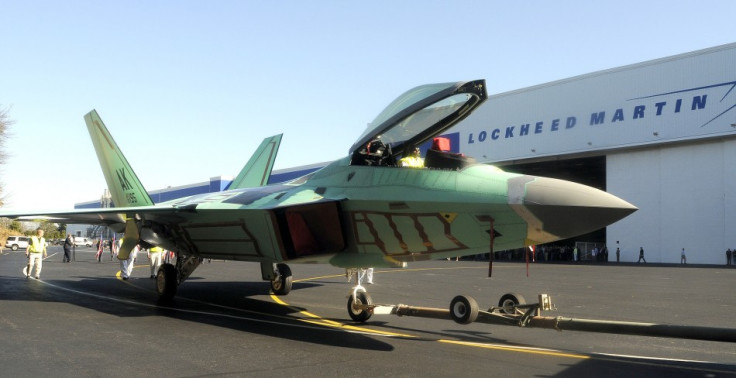Isis: Lockheed Martin's Hellfire missiles and laser-guided bombs see increased demand in fight against Islamic State

Lockheed Martin is seeing an increased demand for its Hellfire missiles and Paveway II laser-guided bombs. This comes amid the ongoing fight against Islamic State (Isis) by both the US and its allies. To cater to this increased demand, the Maryland-headquartered company is expanding its production capacities at its various factories.
Frank St John, vice president of tactical missiles at Lockheed said, "We are seeing a lot of international demand for our product set. That's causing us to do a lot of work in international partnerships and co-production and we're very excited about those opportunities."
The Hellfire missiles are supposed to be the signature weapon of drones such as the Predator and Reaper. They are also understood to be mounted on helicopters and fixed-wing planes. The US army in June 2015 asked Lockheed to increase the production of these missiles from 500 to 650 per month. The army even paid it $18m (£12.44m, €16m) to help enable this expansion process.
"It requires a little bit of investment on our part to expand the factories, but the demand is there and we're keeping up with it [and] we're staying ahead of it," St John said. Lockheed has already added the tools, test equipment, and floor space required for this expansion at its Hellfire production line, he added.
With regards to the Paveway II laser-guided bombs, the company has already quadrupled its production capacity at its Archbald, Pennsylvania, factory to meet the increased demand for this product from the US and its allies.
The fight against IS (Daesh) is expected to run for many years, according to predictions by top military officials. This would benefit Lockheed as it would maintain the high demand for missiles and bombs.
"I don't see events in the world changing dramatically over the next couple of years. [T]he conflicts that are requiring the use of our systems are lingering, so anticipate that we'll be producing at a pretty high level for some period of time", St John said.
According to Roman Schweizer, an analyst with Guggenheim, apart from the demand from US and its allies, Lockheed's weapons also have a demand from Nato and Middle Eastern allies. Schweizer added that Saudi Arabia, United Arab Emirates, Bahrain and Jordan had all made strikes in Syria against IS targets.
Apart from these weapons, the company is known to be planning to make new generation weapons that could be used in future wars. It has expanded its Troy, Alabama, factory by 60,000sq ft to allow for such expansion that would include making 110 long-range anti-ship missiles for the Navy Super Hornet fighters and Air Force B-1B bombers, according to Defense One.
© Copyright IBTimes 2025. All rights reserved.





















